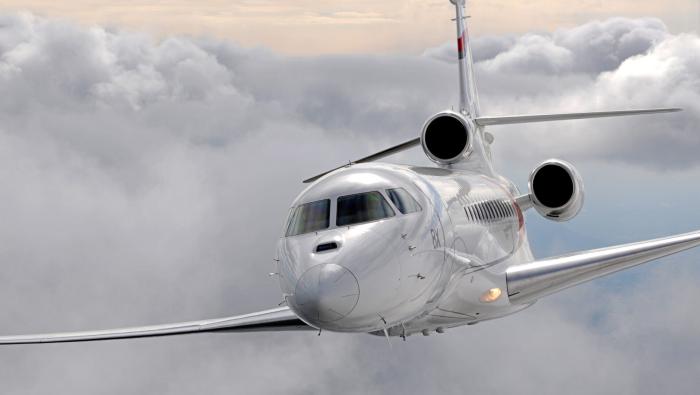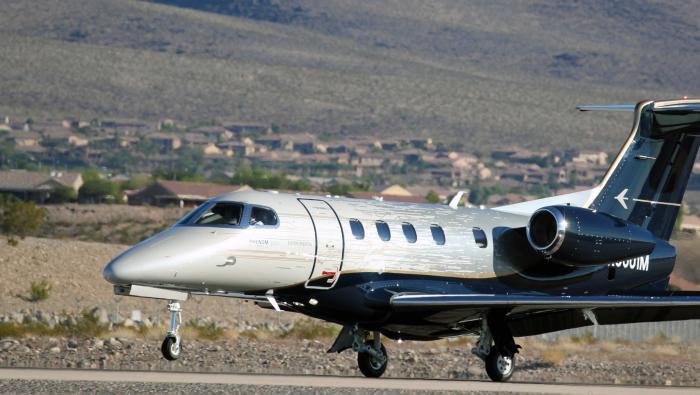Boeing reported a 66-percent decline in first-quarter commercial airplane deliveries compared with the same period in 2019 due primarily to the continued grounding of the 737 Max and the onset of the Covid-19 pandemic, which saw the company cease production at its factories in the Puget Sound area in late March and Charleston, South Carolina, in early April.
The company delivered a total of 50 commercial airplanes from January through March, compared with 149 in 1Q2019. Total 737 deliveries fell from 89 to five, 747 deliveries declined from two to none, 767s fell from 12 to 10, 777s dropped from 10 to six, and 787s fell from 36 to 29. The 737 deliveries consisted of two commercial 737NGs and three for military applications, while the 767 shipments involved a mix of freighters and KC-46 tankers.
During the quarter the company logged firm orders for 49 commercial airplanes, including 29 Boeing 787s. The month of March saw orders for 31 airplanes, consisting of 12 Dreamliners, 18 Boeing 737NGs for the Poseidon P-8 program, and a single 767 Freighter.
However, Boeing registered cancellations of orders for 150 of its 737 Max during March, a development that will, according to the company, serve to relieve some backlog pressure during the model's grounding. "These adjustments remove near-term pressure on Boeing’s skyline, providing more flexibility to deliver on the more than 4,000 Max airplanes in backlog and protect the value of the Max family," it said in a written statement.
Although Boeing on Monday instituted a limited restart to production operations in the Puget Sound region, the resumption of activity related mainly to its military programs. The company essentially halted all Puget Sound production on March 25, when, along with activities at its Moses Lake flight test center, it effectively closed its narrowbody plant in Renton, its widebody facilities in Everett, and its Auburn and Frederickson fabrication plants. On April 5, as the end of the initial 14-day suspension neared, the company extended the closures indefinitely. A day later the company announced it would suspend all operations at its 787 factory in Charleston, South Carolina, “until further notice,” starting on April 8.
Boeing, which plans to issue its first-quarter financial results on April 29, has yet to decide on possible long-term production rate cuts due to the expected lasting economic effects of the Covid-19 crisis. “The airline industry is confronting the Covid-19 pandemic and the unprecedented impacts on air travel,” it said. “We are working closely with our customers, many of whom are facing significant financial pressures, to review their fleet plans and make adjustments where appropriate. At the same time, Boeing continues to adjust its order book to adapt to lower-than-planned 737 Max production in the near term.”
Rival Airbus on April 8 revealed plans to cut rates across its product line by about one-third, resulting in a reduction of A320 family production to 40 per month from a peak of 60 in 2019. Widebody production, meanwhile, will see A330 rates drop from some 3.25 per month to two per month, while A350 rates fall from roughly 10 per month to six. In February Airbus had already announced an A330 cut from 53 in 2019 to 40 in 2020.







